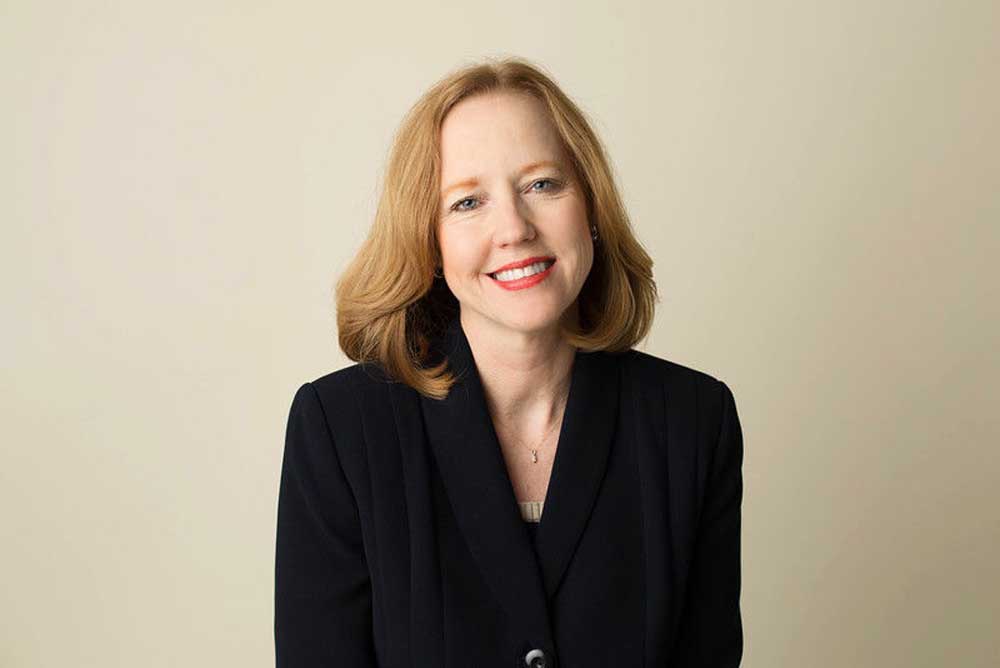The right numbers matter when you’re trying to do good
Published 5:38 pm Wednesday, August 3, 2016
Quotes cause me to pause and think about what it might have meant when it was said. For instance, I like the quote from Brooke Astor, married to the great-great-grandson of John Jacob Astor, America’s first multi-millionaire. Mrs. Astor said, “Power is the ability to do good things for others.”
Interesting words from someone married into a family of great power. John Astor was a German immigrant and successful in business. He created a fur empire from New York to the Great Lakes and Canada. It was a monopoly. As the fur business declined in the 1800s, he got out of the business and into New York City real estate and later became a patron of the arts.
Married into a powerful family might take on many forms. But for Mrs. Astor, it was about doing good for others.
How do you measure the success of doing good? The best way is your way.
When you make a gift to an organization, you have expectations. Sometimes you simply want to help. You believe in the mission or the work the organization does, and your gift joins many others to make that work possible. Other times you make a donation to see something change, to do or accomplish something very specific.
You must create your standard of success. You determine how success is defined and measured.
Simply put, measuring success is determining what you want to see accomplished and the degree to which that happens. That definition works for just about anything. In the case of philanthropy, it is explained by the number of people served, proving a change at the end of a program, purchasing needed program supplies or creating a space to do the program.
Numbers served are the most common definition of philanthropy success, but the easiest to misunderstand. Numbers seem definitive, but they are the easiest to hide behind. Is easiest best? Will numbers ensure change happened?
Of course, the answer is no. H. Thomas Johnson, a well-known American accounting historian, said: “Perhaps what you measure is what you get. More likely, what you measure is all you’ll get.”
If what you want is change, then to Johnson’s point you need to measure the right thing. It might still be numbers, but which numbers matter.
Seth Godin said, “When you are able to expose your work and your process to the right thing, to the metric that actually matters, good things happen.”
So, now we’re full circle to good things happening. We need the right measurement of success. If the donation is significant in size, the best way to ensure success is to have a long talk with the organization before writing the check. You and the organization must agree on the definition of success and how it should be measured.
Peter Drucker is credited with the famous quote, “What gets measured, gets managed.” Nonprofit organizations, like any other business, pay attention to measurements that are held out as important by various funding sources. As a donor, you become one of those funding sources. You have the ability to influence the actions and behavior of the nonprofit as it works toward the agreed-upon goal, and that is the very definition of power.
There is one more critical element of philanthropy success. You must identify your role and responsibility in measuring the success. That might be agreeing to an update or check-in with an organization twice a year or observing a program in action. It might mean attending events to stay updated or encouraging others to get involved. At the very least, it means keeping the lines of communication open.
The first time I wrote a grant in 1979, I didn’t understand. As time went along, I figured out that numbers mattered, but didn’t always have the right numbers. Eventually, I discovered the right numbers were the ones the donor understood. That didn’t make the work easier, but it did make it more successful.
Over the years, I even discovered that the right numbers changed because new donors had new definitions of success. And I came to understand that power is doing good for others, and that’s giving well.
Dawn Franks, CEO of Your Philanthropy, offers advising services to families, businesses and foundations to enhance the giving experience and maximize impact. She writes a blog, the YP Journal, at www.your-philanthropy.com. Comments and questions are welcome. Send to info@your-philanthropy.com.







